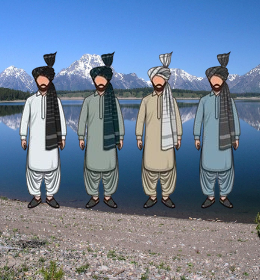
“Balochistan’s Living Heritage: A Cultural Journey Through Time”
Balochistan – where the mountains whisper ancient tales and the desert winds carry songs of bravery. This land of contrasts holds Pakistan’s most authentic cultural treasures, preserved through generations with pride and passion. Let me take you on a personal exploration of traditions that textbooks don’t capture.
The Language Keepers
In remote villages, white-bearded elders still recite 500-year-old Balochi poetry by firelight. I met a Brahui storyteller in Kalat who could trace his oral history back 12 generations – each word carefully preserved like precious stones. These aren’t just languages; they’re living museums.
Threads of Identity
A Baloch woman’s embroidery tells her life story. I watched as grandmothers in Nushki taught young girls the secret patterns – the zigzag representing mountain paths, the diamond shapes for desert flowers. Their nimble fingers work magic, transforming simple cloth into canvases of cultural memory.
Desert Harmonies
The soul-stirring sound of a surooz (Balochi fiddle) at a wedding in Turbat left me spellbound. Local musicians explained how each melody carries coded messages – some for love, others for lost warriors. The rhythmic dohol (drum) beats mimic camel caravans crossing the Makran coast.
Culinary Time Capsules
In a mud kitchen near Panjgur, I learned the ancient art of sajji preparation. The ritual – massaging the lamb with mountain salts, slow-roasting it over almond wood – hasn’t changed in centuries. The first bite tastes like history itself.
Tribal Tapestry
Attending a jirga in Zhob revealed the wisdom behind Baloch conflict resolution. Elders quoted 17th century tribal codes while settling modern disputes – proving tradition can adapt without losing its essence. Their handshake agreements hold more weight than written contracts.
Vanishing Arts
Few know about the last makers of traditional Balochi locks in Kharan. These intricate brass mechanisms, once securing caravan treasures, now face extinction. I met the final craftsman who still hand-forges them using his grandfather’s tools.
Festivals of the Forgotten
Beyond the famous Sibi Mela lies Chilimjusht – a spring festival where women decorate wells with wildflowers. In remote areas, I witnessed the ancient Buzkashi tournament where riders compete for a goat carcass – a test of skill unchanged since Genghis Khan’s era.
Why This Matters
These aren’t museum exhibits but beating heart traditions. Each embroidered stitch, each recited poem, each shared meal keeps Balochistan’s soul alive. As modernization spreads, documenting these living traditions becomes urgent – not as nostalgia, but as roadmap for sustainable cultural preservation.

“Top 10 Most Fascinating Cultures to Explore Globally”
asadistaya@gmail.comImportant Highlights National variety offers a sight into the single way of life of groups…
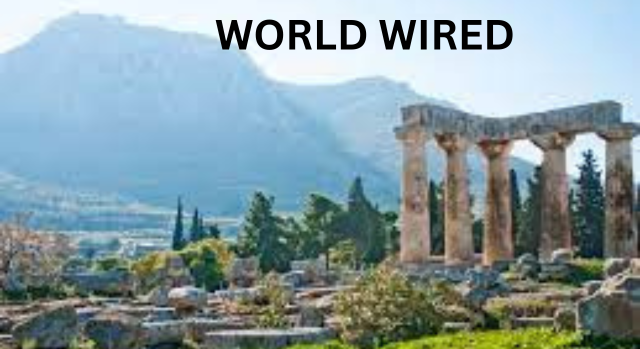
“Discover Greece: Ancient Wisdom, Timeless Culture, and Historic Wonders”
asadistaya@gmail.comThe Artistic Flair of Italy Italy gifts a canvas tinted with wonderful art, beautiful cooking,…
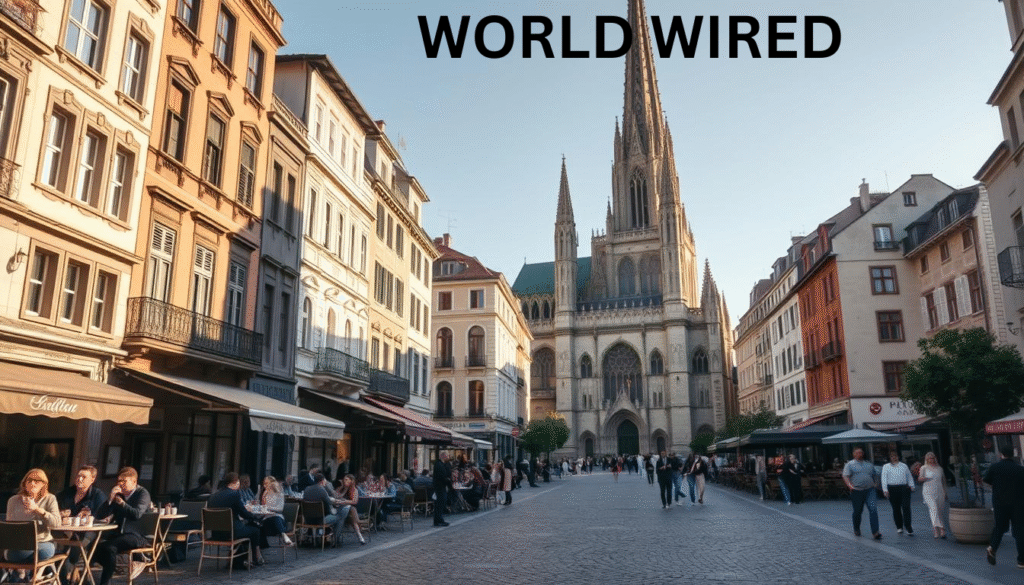
“Europe: A Patchwork of Old Stories and New Surprises”
asadistaya@gmail.comIt’s witty how Europe twigs with you long after you consent. Perhaps it’s the tiny…
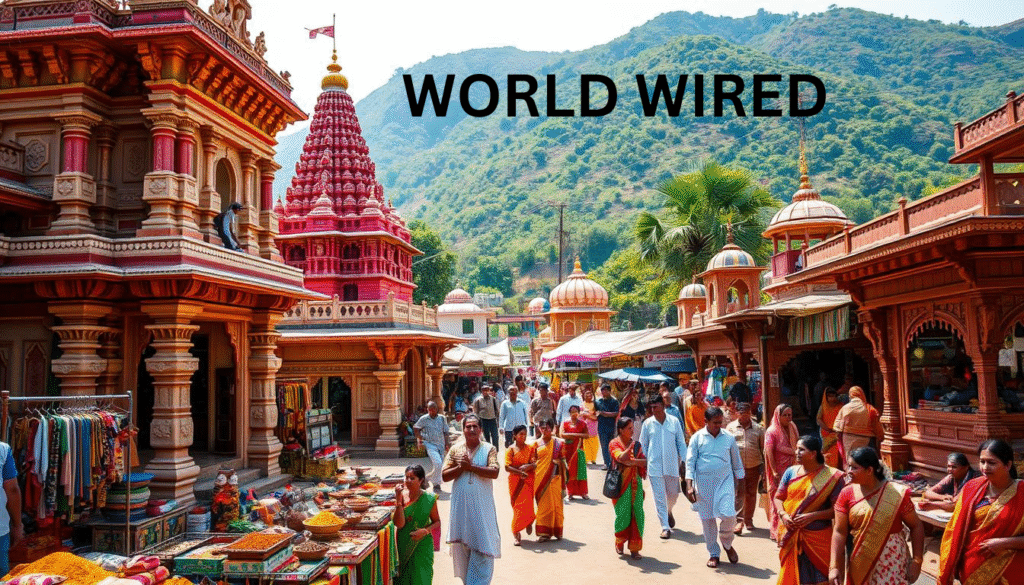
Exploring Indian Culture — Through My Eyes, Not a Guidebook
asadistaya@gmail.comI recollect the chief time I powerful in India — the air was thick with…
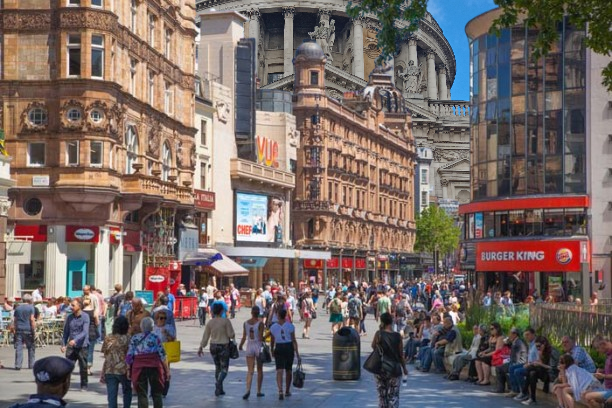
Living in London as a Foreigner: Complete Survival Guide
asadistaya@gmail.comLiving in London as a Foreigner: Complete Survival Guide Moving to London is a bold…
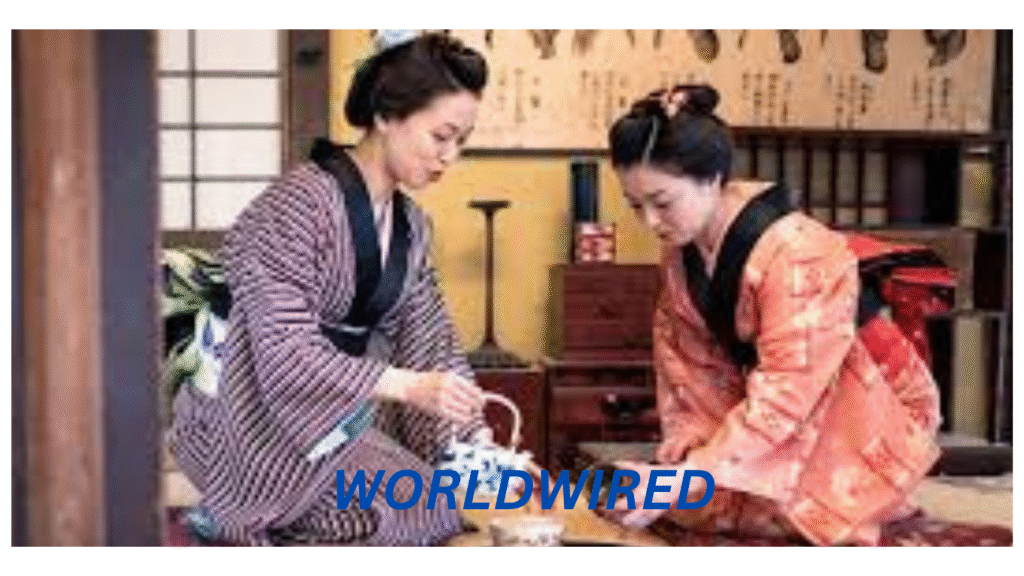
“Japanese Culture Explained: Traditions, Art, Food & Social Customs”
asadistaya@gmail.comA Gentle World of Its Own I’ve not always been to Japan, but all I’ve…
